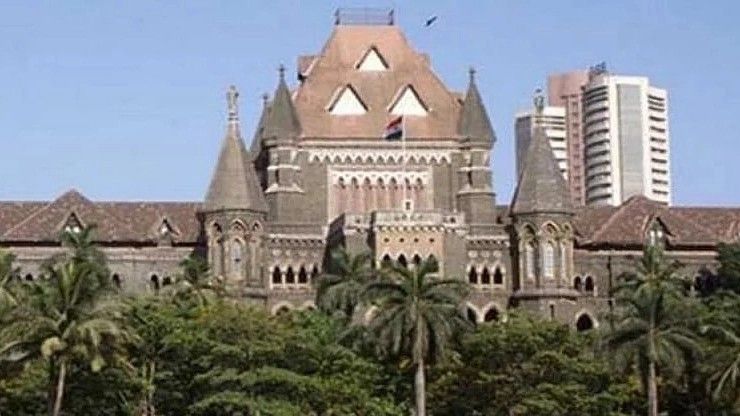
Mumbai: With a view to safeguard the interests of homebuyers and ensure transparency in real estate project registrations, the Bombay High Court on Tuesday directed the State government to ensure rigorous compliance with the its 2023 circular which mandates standardised procedures for issuing and publishing commencement and occupation certificates (CC and OC) to enhance transparency and protect homebuyers’ interests.
A bench of Chief Justice DK Upadhyaya and Justice Amit Borkar has also ordered periodic monitoring of compliance to maintain the integrity of project documentation. In a detailed order, highlighted the lack of coordination between MahaRERA and local authorities.
The court instructed all municipal corporations, municipalities, and urban local authorities in Maharashtra to link their websites with the Maharashtra Real Estate Regulatory Authority (MahaRERA) portal within three months.
This integration is essential for verifying the authenticity of certificates submitted during real estate project registrations under Section 4 of the RERA Act. Until the integration is complete, local authorities must upload CC and OC on their websites within 48 hours of issuance.
The court also directed the integration of the state’s Building Plan Management System (BPMS) with MahaRERA’s online platform within three months to mitigate fraud and enhance regulatory oversight. MahaRERA has been instructed to verify all commencement certificates submitted by developers for project registration starting June 19, 2023. Registrations should only be granted after verification.
The HC passed the order while hearing a public interest litigation (PIL) petition by architect Sandeep Patil alleging fraudulent practices in real estate project registrations. The PIL sought a framework for verifying documents to prevent the registration of projects based on forged commencement certificates and sanctioned plans.
The PIL emphasised the need for inter-agency collaboration and adherence to provisions of the RERA Act to protect homebuyers and ensure transparency.
The PIL cited a project by M/s Sai Builders and Developers in Kalyan-Dombivali, which was registered on October 15, 2020, and alleged that the same was done based on forged CC. It highlighted the larger issue of developers exploiting regulatory loopholes.
MahaRERA, in its affidavit, confirmed revocation of Sai Builders’ project registration in September 2021 due to forged documentation and froze related accounts to protect buyers. The authority also revealed ongoing proceedings against 64 other projects with fraudulent commencement certificates.
MahaRERA has urged the state government to establish a centralised digital platform for inter-agency document verification and initiated integration efforts with municipal bodies for real-time transparency.
The court rejected the petitioner’s request for a statewide re-scrutiny of all project registrations, citing the lack of concrete evidence and potential overreach. However, it emphasised that aggrieved parties could approach MahaRERA for redressal under the RERA Act, which empowers the authority to revoke or suspend registrations obtained through fraud or misrepresentation.
The Kalyan-Dombivli Municipal Corporation (KDMC) was directed to demolish illegal structures within three months, with police protection, as specified in its affidavit. The court’s directives aim to strengthen regulatory mechanisms, ensuring accountability and safeguarding homebuyers’ interests.